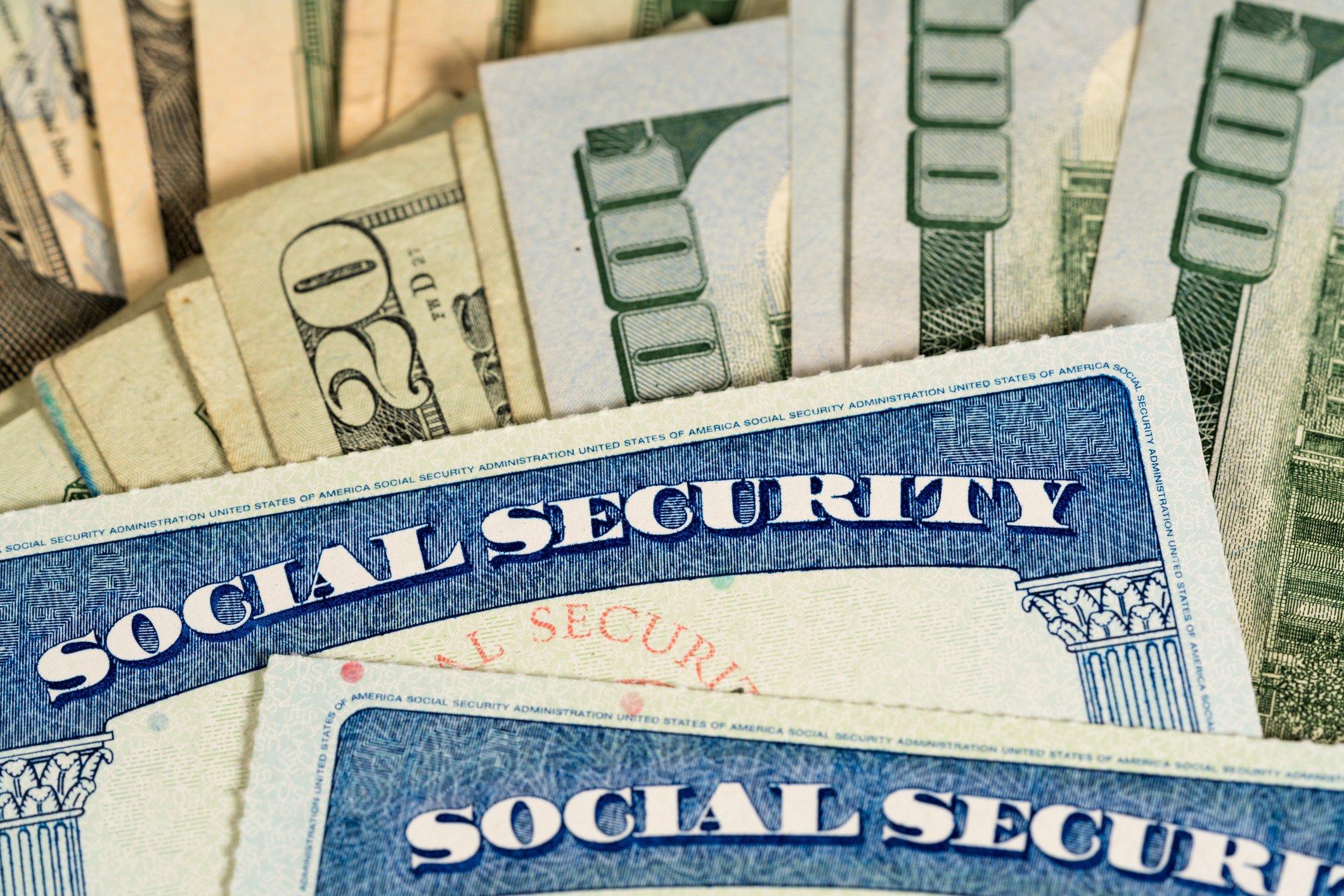Buying a home is a huge financial undertaking. Not only must you amass a down payment, but you'll also need to cover a monthly mortgage, property taxes, and insurance for many years after the fact. And let's not forget one more nagging expense that comes with homeownership: maintenance.
Home maintenance, on average, costs about 1% to 4% of a given home's value per year. This means that for a $400,000 home, its owners are looking at anywhere from $4,000 to $16,000 annually, depending on the condition of the home at the time of purchase. Generally speaking, older properties require more work than newer ones, though it's possible to buy a new-construction home but spend a small fortune on maintenance, nonetheless.

IMAGE SOURCE: GETTY IMAGES.
If you're buying a home, you need to factor into your budget monthly maintenance costs before jumping in. At the same time, the 1% to 4% range indicated above applies to predictable maintenance and common repairs, like the occasional leaky faucet or deck in need of painting and resealing. It doesn't account for major issues that arise with your home, and for those, you'll need a solid amount of emergency savings.
Unfortunately, 18% of homeowners don't have any money set aside for home-related emergencies, according to HomeServe USA. And that's a mistake that could cost them.
You need that safety net
When you own a home, there's a multitude of things that could go wrong with it on any given day. Your roof could spring a leak. Your heating or air-conditioning system could go kaput. Or your sewer line could back up, leaving you with a messy, and frankly disgusting, problem on your hands.
All of these issues cost a lot of money, and if you don't have cash in the bank to deal with them, they'll cost you even more. That's because without cash reserves, you'll be forced to charge those expenses on a credit card, pay it off over time, and rack up loads of interest in the process. You might also damage your credit score by carrying too high a balance for too long.
A better bet, therefore, is to build yourself a safety net -- ideally, a good three to six months' worth of living expenses in the bank. To do so, you might need to cut back on spending for many months or even work a side job on top of your regular one. But if you don't establish an emergency fund, you'll end up putting your finances at risk when an unplanned home repair creeps up out of nowhere.
Another thing to keep in mind is that if you encounter a problem with your home but put off fixing it due to a lack of funds, you'll risk making the issue even worse -- and more expensive. Therefore, you should make a point of always having some money on hand for surprise home-related expenses.
Of course, there is one other option you can consider if you're hit with a home expense out of the blue. If you have enough equity in your home, you can apply for a home equity loan or line of credit and use those funds to cover your expenses. In doing so, you'll generally rack up far less interest than you would by using a credit card.
Keep in mind that this is by no means an ideal solution, and you shouldn't use it as an excuse not to build savings. Rather, it's an option to keep in the back of your mind if you're currently on your way to establishing an emergency fund but don't have enough money to cover the next big home repair bill that comes your way.





